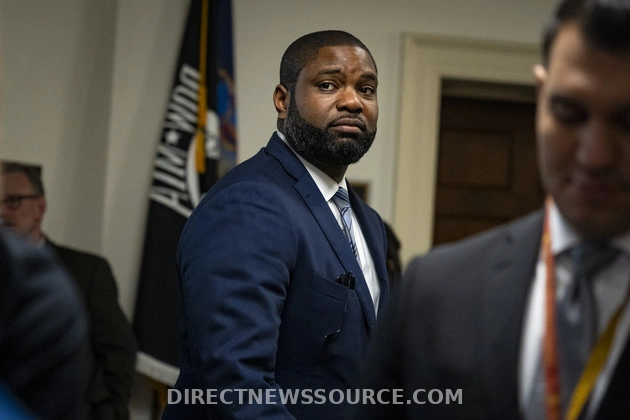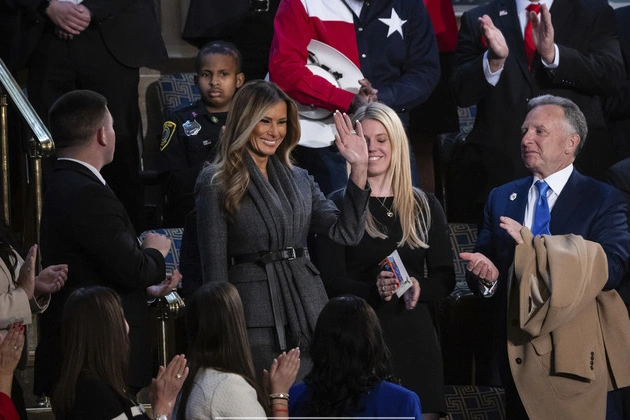
GOP's Approach to Disaster Aid in California: A Detailed Analysis
With wildfires still raging in Southern California, congressional Republicans are delving into the intricate details of how they intend to address the politically delicate issue of providing federal disaster aid to the predominantly Democratic region.
They are emphasizing that this aid will come with strings attached.
Policy Conditions and Funding Negotiations
During discussions with President-elect Donald Trump, some House Republicans suggested using the disaster aid as leverage in debt-limit talks with Democrats. There is a growing consensus that certain policy modifications need to be incorporated to mitigate future wildfires.
Speaker Mike Johnson emphasized a non-political approach to disaster aid but highlighted the impact of state and local policy decisions in exacerbating the situation, indicating that aid levels and conditions must consider these factors.
Similar sentiments were echoed by other Republican lawmakers, even those from disaster-prone states who typically refrain from politicizing federal assistance.
Rebuilding and Resilience Strategies
Some Republicans advocate rebuilding with provisions to reduce fire threats, drawing parallels to Democrats’ ‘Build Back Better’ strategies for enhancing climate resilience through federal funding. However, critics argue that disaster aid should not be subject to the same conditions as broader infrastructure plans.
Lawmakers from both parties, like Rep. Jared Huffman, strongly oppose conditioning disaster aid, emphasizing the immediate need for support without policy entanglements.
Immediate Aid and Future Debates
While discussions on aid packages are ongoing, the focus remains on providing swift assistance to communities affected by the fires. The potential inclusion of disaster aid in upcoming government funding bills raises the prospect of bipartisan negotiations to address the debt ceiling.
However, the idea of linking disaster funds to policy changes faces skepticism from former lawmakers like Rep. Peter King, who warn against jeopardizing financial stability over political maneuvering.
Policy Measures and Fire Prevention
Republicans advocating for policy conditions in aid requests suggest measures like forestry management and infrastructure development to mitigate future disasters. However, the relevance of these policies to urban wildfires, as seen in Los Angeles, remains uncertain.
Balancing National Interests
Speaker Johnson defends the novel approach of tying disaster funding to policy reforms as necessary for balancing national interests and fiscal responsibility. Yet, Californians impacted by the fires express frustration over politicizing relief efforts amidst a crisis.
As discussions continue on disaster aid and policy implications, the focus remains on providing immediate support to affected communities while navigating the complexities of federal funding and policy conditions.















